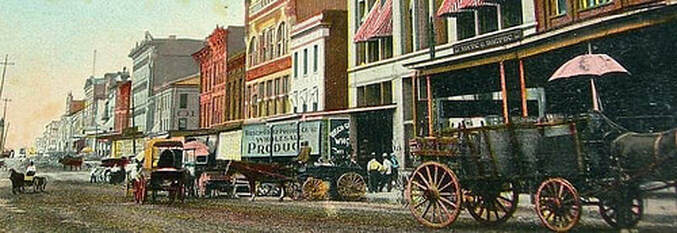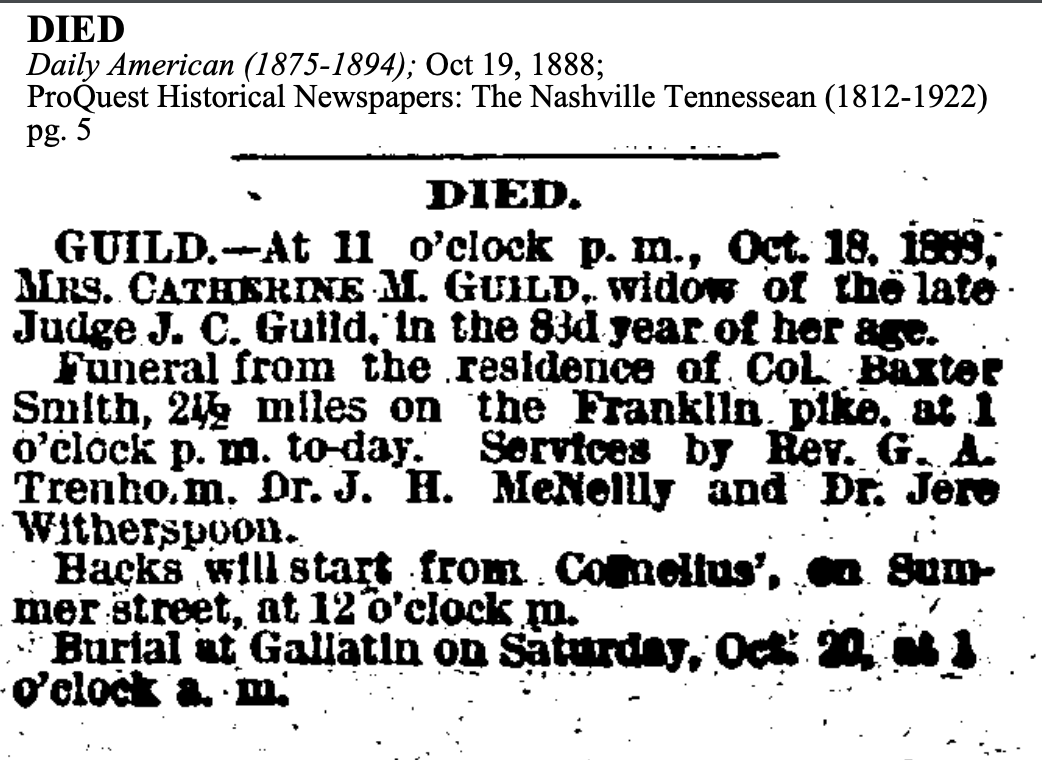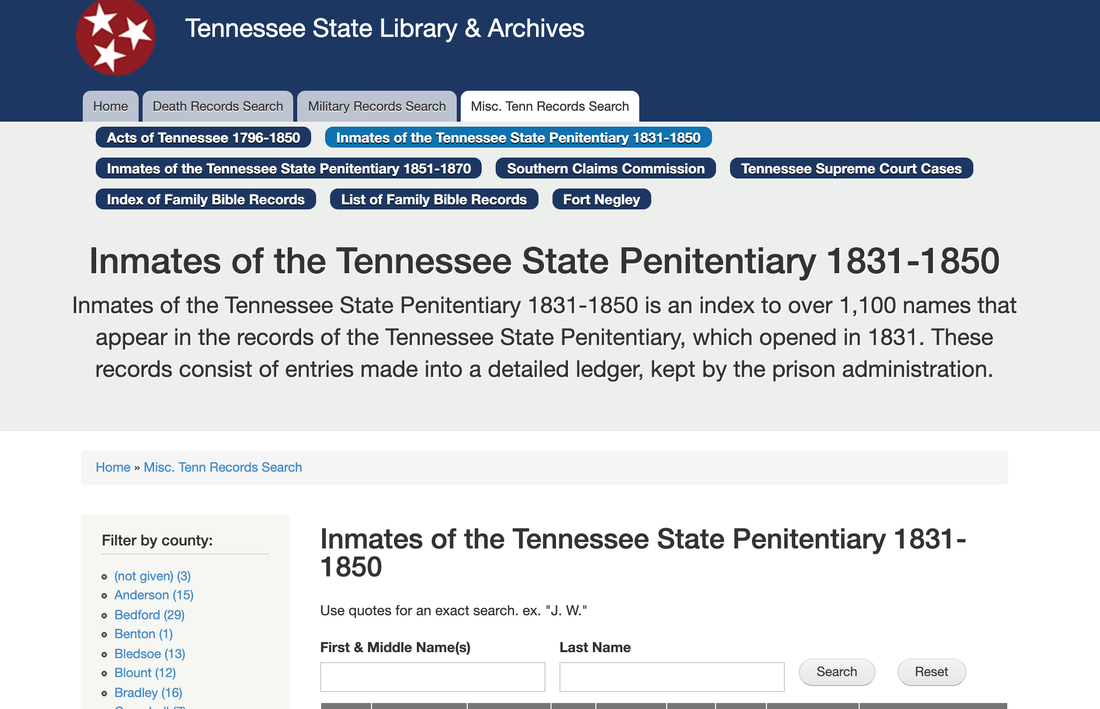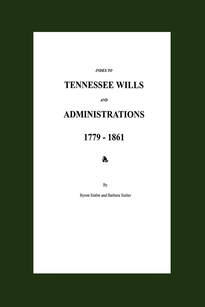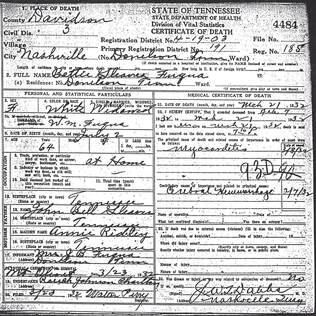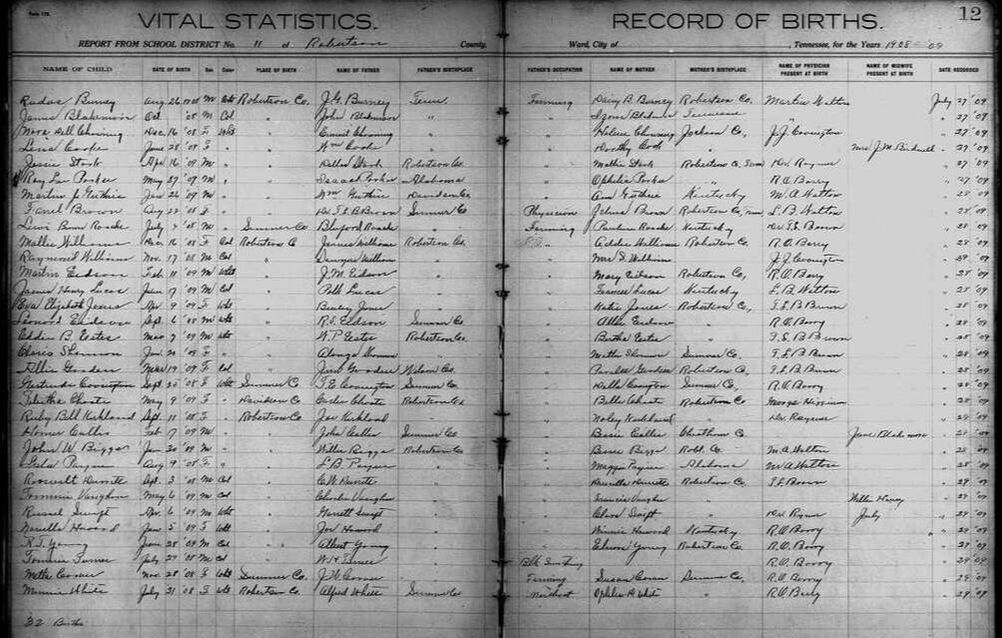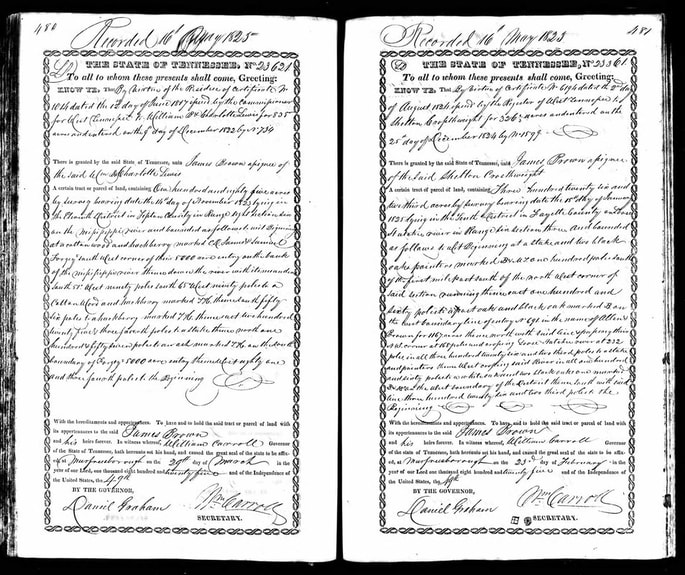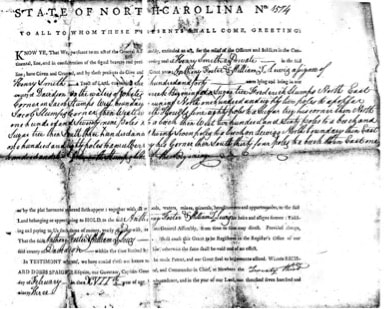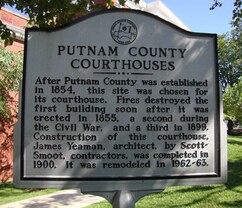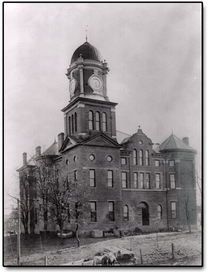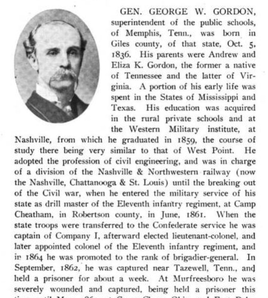
- County and Town Histories, which also contain biographies (Goodspeed).
- A History of Tennessee and Tennesseans (Vol. 1-8) by Will T. Hale
- Tennessee and Tennesseans by Bethania McLemore Oldham
- Sketches of Prominent Tennesseans by William S. Speer
- Notable Men of Tennessee by John Allison
Volume 1: https://archive.org/details/bub_gb_Fag-AAAAYAAJ/page/n5
Volume 2: https://archive.org/details/bub_gb_6I9LAAAAYAAJ/page/n5
